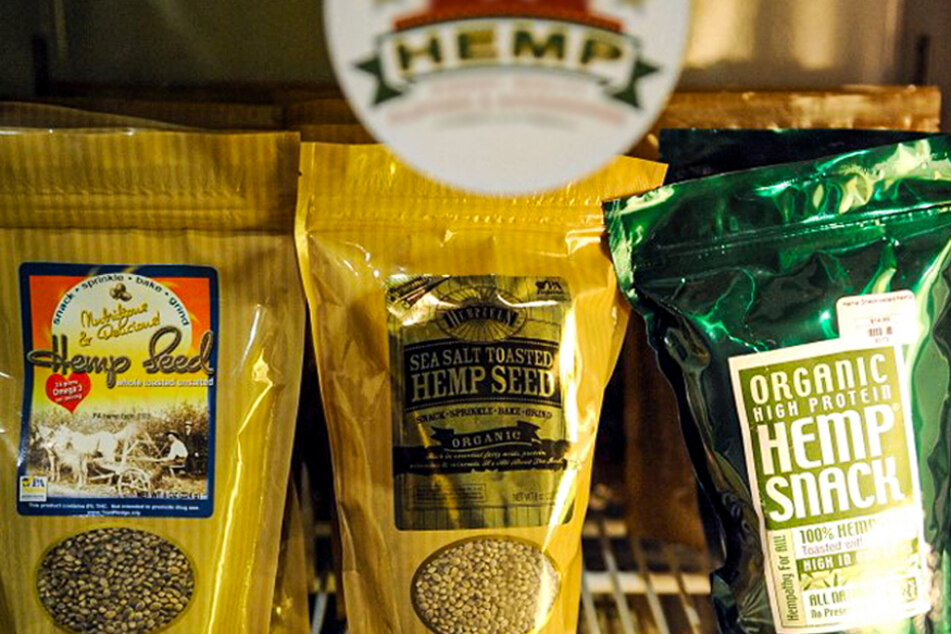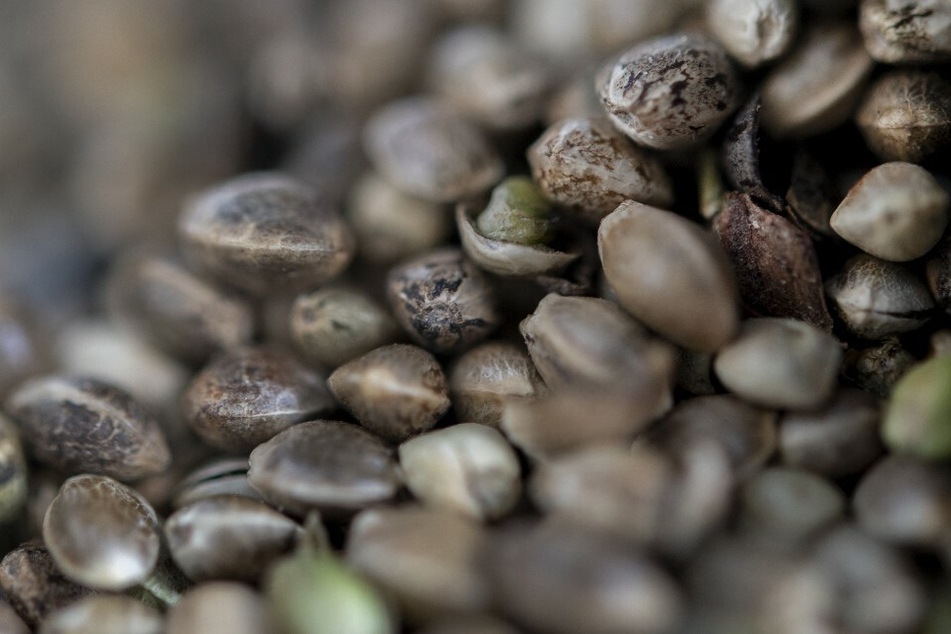Hemp seeds might be the latest superfood, but don't believe all the hype
Those small light-green seeds of the hemp plant are full of healthy nutrients. But not all the claims being made about this "superfood" have been backed up by science. Experts say some may even want to avoid them.

In the eyes of nutritionists, hemp seeds, the latest would-be superfood to have found its way into kitchens around the world, are a welcome addition to muesli, homemade bread, and other dishes.
But not everything that consumers are being told about these seeds on health blogs or product packaging is scientifically verifiable – and not everyone should eat them.
Be it sprinkled on a sandwich or mixed up in a smoothie, hemp seeds are a versatile way of boosting the protein count in vegetarian and vegan diets.
They consist of 20-35% protein, but also have B vitamins, vitamin E, calcium, magnesium, iron, and fiber. In addition, hemp seeds have a high content of polyunsaturated fatty acids.
However, some experts are warning people not to pay attention to widely circulated claims that hemp seeds have significant health effects beyond what their variety of nutrients can offer.
Hemp seeds might not be safe for everyone

Claims that hemp seeds have positive effects on blood pressure, cholesterol levels, and blood sugar levels have not been backed up by scientific evidence. But many health websites are currently suggesting the opposite and pushing hemp seeds as a superfood that can prevent heart disease and stroke.
But manufacturers in many countries are not allowed to make these claims, and are limited to advertising with statements such as "rich in polyunsaturated fatty acids" or "a natural source of protein."
Unlike marijuana, these seeds aren't a natural source of the intoxicating tetrahydrocannabinol (THC). Nevertheless, in poor production conditions, the seeds can be contaminated during harvesting if the seeds come into contact with flowers, which are rich in THC.
Proven health benefits or not, young children and pregnant women may want to hold off on the hemp seeds just to be on the safe side.
The German Federal Institute for Risk Assessment said, "Even small amounts of the psychoactive substance can affect the central nervous system and the cardiovascular system."
The institute further claimed that because hemp seeds are still an emerging food trend, safety guidelines for consumption by children have yet to be established.
Cover photo: TIM SLOAN / AFP